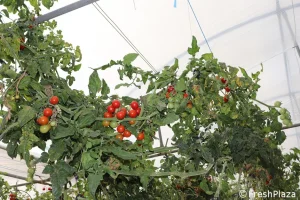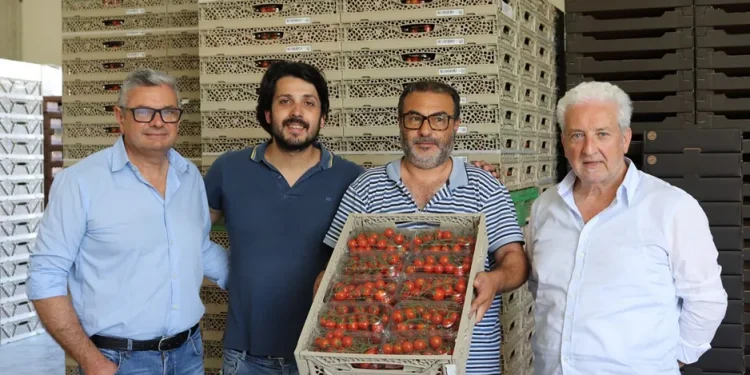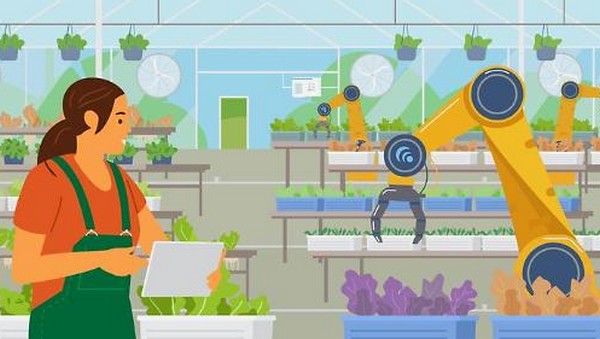In the face of escalating climate change challenges, greenhouse agriculture in Sicily has found a resilient solution through the adoption of advanced shading and reflective nets. Antonino Bonvento, owner of a prominent agricultural company in Scicli, shares insights into how his operation has evolved over six decades to combat rising temperatures and maximize crop productivity.
Adapting to Climate Change
Established 60 years ago, Bonvento’s enterprise has grown to encompass 5 hectares of state-of-the-art facilities specializing in cherry, plum, and midi plum table tomatoes. With a focus on export markets in Germany, Austria, and Poland, the company plays a pivotal role in Southern Sicily’s agricultural landscape.
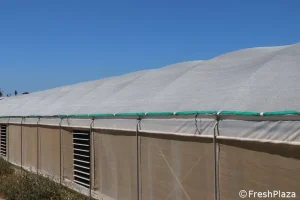
Innovative Technology Adoption
Ten years ago, recognizing the onset of climate change impacts, Bonvento turned to Agrintech for solutions. The integration of Lumigrey reflective nets atop greenhouse films between April and September has proven instrumental. These nets effectively shield infrared radiation, reducing internal temperatures by 6-7°C and enhancing light diffusion crucial for optimal crop growth.
Operational and Environmental Benefits
Beyond temperature regulation, the Agrintech nets contribute to significant operational efficiencies. They lower water and energy consumption, reduce the need for fertilizers and pesticides, and create a more favorable working environment for laborers. Moreover, the nets extend the lifespan of greenhouse films, ensuring long-term sustainability and cost-effectiveness.
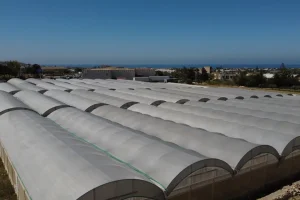
A Partner for Sustainability
Bonvento underscores the superiority of Lumigrey nets, citing their durable design and practical benefits such as the green strengthening strips that facilitate secure installation. The decision to repeatedly choose Agrintech reflects their commitment to sustainable agricultural practices that balance economic viability with environmental stewardship.
Future Outlook
As climate change continues to challenge global agriculture, innovative solutions like Agrintech’s Lumigrey nets offer a promising path forward. Bonvento’s success story highlights the critical role of adaptive technologies in securing the future of greenhouse farming amidst evolving environmental conditions.
